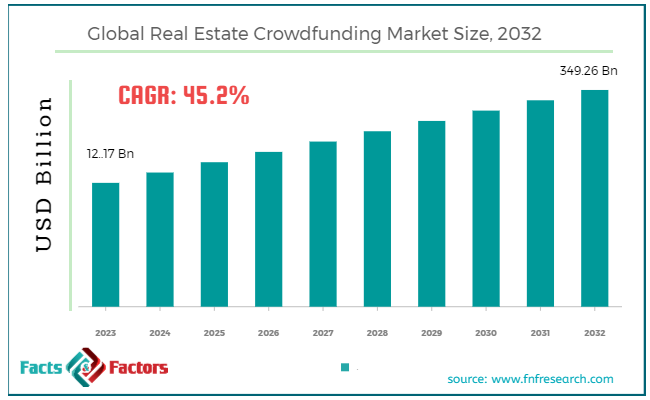The location of your business is one of the most critical decisions you’ll make as an entrepreneur. In the Philippines, where economic activity is vibrant and diverse, choosing the right location can significantly influence the success of your business. This article will guide you through the process of finding the best location for your business in the Philippines, considering various factors that will help ensure your venture thrives.
Understanding the Economic Landscape of the Philippines
The Philippines is one of Southeast Asia’s fastest-growing economies, with a strong consumer market and a young, dynamic workforce. Understanding the economic landscape is crucial when deciding where to set up your business in the Philippines. The country’s economic activities are concentrated in specific regions, with Metro Manila, Metro Cebu, and Metro Davao being the most prominent hubs. Metro Manila, the National Capital Region (NCR), is the financial and business center of the country, hosting many of the largest corporations and a highly skilled workforce.
On the other hand, cities like Cebu and Davao are also emerging as business hubs, offering a balance of economic opportunities and lower operational costs compared to Metro Manila. Understanding these economic centers and their industries is vital for making an informed decision. For instance, Metro Manila may be ideal for businesses in finance, retail, or technology, while Cebu and Davao might be better suited for manufacturing, tourism, or agricultural ventures.
Analyzing the Local Market and Consumer Behavior
Once you have a grasp of the broader economic landscape, the next step is to analyze the local market and consumer behavior in your target location. Different regions in the Philippines have varying consumer preferences, income levels, and spending habits, all of which can impact your business’s success. Conducting thorough market research will help you identify the needs and wants of your target demographic, allowing you to tailor your products or services accordingly.
For example, if your business in the Philippines caters to high-income consumers, locations like Makati or Bonifacio Global City in Metro Manila, where there is a concentration of affluent individuals, might be ideal. On the other hand, if your target market includes middle-income earners, you might consider setting up in Quezon City or Cebu City, where the population is more diverse in terms of income levels. Understanding local consumer behavior will not only help you choose the right location but also inform your marketing and sales strategies.
Evaluating Accessibility and Infrastructure
Accessibility and infrastructure are critical factors in choosing the best location for your business in the Philippines. The ease with which customers, employees, and suppliers can access your business location can significantly impact your operations. In the Philippines, major cities like Metro Manila, Cebu, and Davao are well-connected by highways, public transportation systems, and airports, making them attractive locations for businesses that rely on logistics and transportation.
Moreover, the availability of modern infrastructure such as high-speed internet, reliable utilities, and commercial spaces can make a big difference in your day-to-day operations. For example, Metro Manila, with its well-developed infrastructure and numerous business districts, might be ideal for companies that require advanced technological support. However, the cost of utilities and rental spaces in Metro Manila can be higher compared to other regions, so it’s important to weigh these factors against the potential benefits.
Considering the Cost of Doing Business
The cost of doing business is another crucial factor to consider when choosing a location in the Philippines. This includes not only the cost of real estate and rental spaces but also labor costs, taxes, and utilities. Metro Manila, being the business capital, typically has higher operating costs compared to other regions. However, it also offers access to a larger market, which can offset the higher expenses if your business strategy is well-aligned with the local market.
In contrast, cities like Cebu and Davao offer lower costs of doing business, with more affordable real estate and lower wages, making them attractive for small and medium enterprises (SMEs) or startups. Additionally, these regions often provide incentives for businesses to set up operations, such as tax holidays and reduced rates on certain business permits. By carefully considering the cost factors, you can find a location that fits your budget and supports your business’s long-term sustainability.
Assessing the Local Talent Pool and Workforce
Finally, the availability and quality of the local workforce are essential considerations when selecting a business location in the Philippines. The country is known for its skilled labor force, particularly in sectors like BPO (Business Process Outsourcing), IT, and manufacturing. However, the availability of skilled workers can vary significantly by region. Metro Manila, for instance, has a large pool of highly educated professionals, making it ideal for businesses that require specialized skills.
On the other hand, cities like Cebu and Davao also have growing talent pools, especially in industries such as tourism, agriculture, and light manufacturing. Additionally, these regions often experience less competition for skilled workers compared to Metro Manila, potentially making it easier and more cost-effective to recruit the right talent. When assessing the local workforce, consider not only the availability of skills but also the labor laws and wage rates, as these can impact your hiring and operational costs.
Conclusion
Choosing the best location for your business in the Philippines requires a careful analysis of various factors, including the economic landscape, local market conditions, infrastructure, cost of doing business, and the availability of skilled labor. By thoroughly evaluating these elements, you can make an informed decision that will position your business for success in this dynamic and rapidly growing market. Whether you opt for the bustling streets of Metro Manila, the emerging hubs of Cebu and Davao, or other promising regions, the key is to align your location choice with your business goals and strategies.




